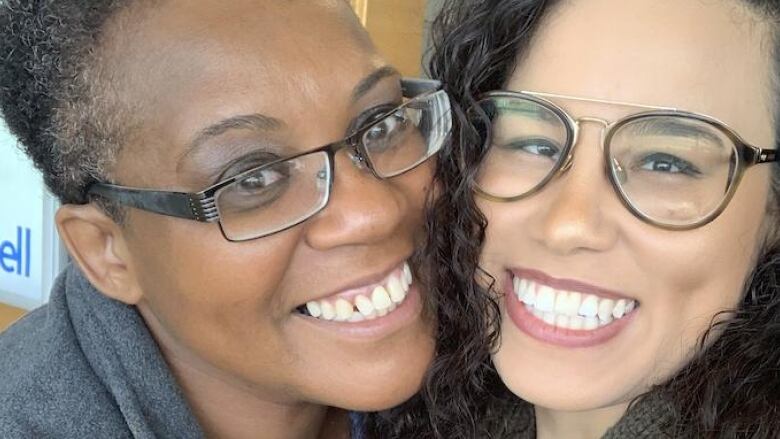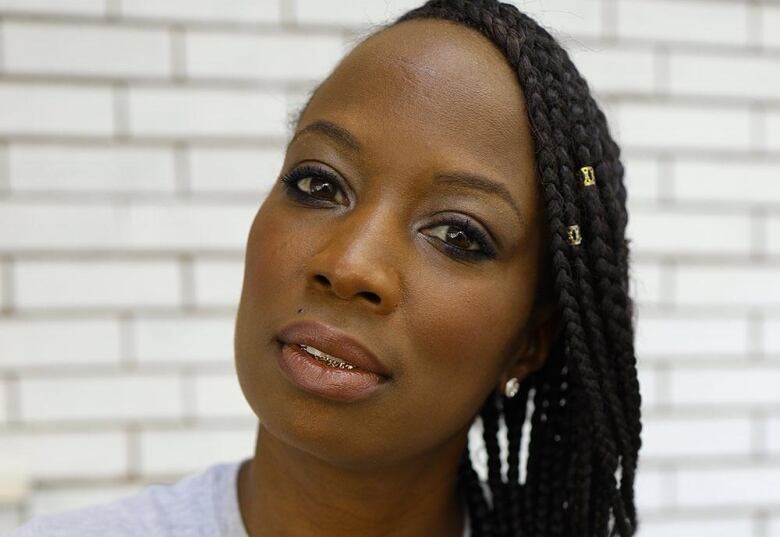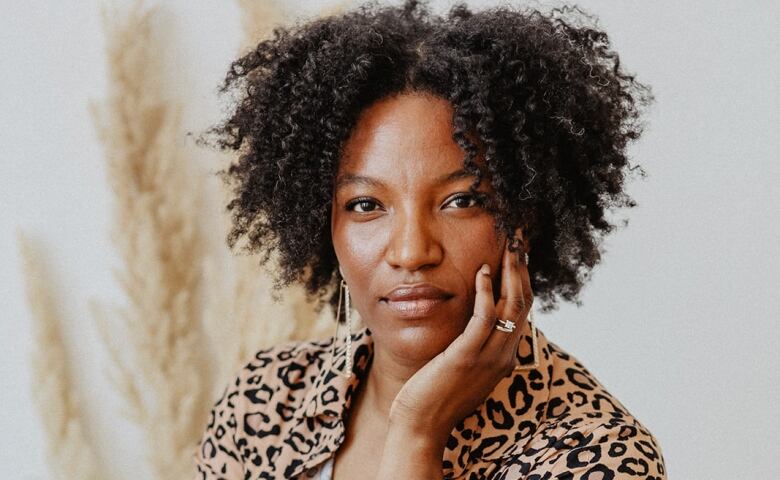'Put Respect On Our Names': CBC's Uncensored honours Black women who fight against systemic racism
This week, host Alexa Joy and guests remember Breonna Taylor, celebrate Black women standing up to injustice

When I was eight years old, I recall one of my earliest encounters experiencinganti-Black racism.
On a weekend in early fall, my mom, Paulette Isaacs, grandmother, sister and I were doing our weekly shopping at the nearby Superstore. We lived in West Kildonan at the time and were one of the only Black families living in the neighbourhood.
That Saturday was business as usual. I tried to sneak treats into the cart while my mom and grandmother were distracted by the weekly deals and everything was fine until we arrived at the checkout line.
As my mom and I approached the checkout, there was one woman unpacking her groceries. We were next in line and people started to ease closer to line up.
My mom noticed the woman in front of us taking some time to finish her purchase, so she gave her space to check out her order.
(Before physical distancing, people gave little to no room between carts in grocery store lines, so things started to get a bit tight.)
As a Black woman, the rules are different.- Alexa Joy
Though my mom was trying to accommodate the woman in front of her, the people behind us were becoming more impatient and aggressive.
This is how fast micro-aggressions can happen.
All of a sudden, an older white woman decided to ram her cart into my mom's body, gesturing for her to move up to the cashier.
It played in slow motion in my mind; even at that age, I knew something was wrong. This woman decided to use her irrational logic to assault her with her cart and said, "You have to move up the line."
I revisited this memory with my mom this week and got her thoughts on what happened nearly two decades ago.
"White people don't know how to respect your personal space. Coming into your personal space and causing these micro-aggressions stays with you.As Black women we ask. We don't walk through and assume."
And then my mom summed it up:as a Black woman, the rules are different.
"I can't walk into a room without being labelled as angry; you have to disarm them with your politeness," she said.
This all plays into the larger conversation on the lack of respect society has for Black women.
'We need to clap back'
"The most disrespected person in America is the Black woman."
A quote from Malcolm X from more than 50 years ago still rings so loud and truthful today.
This week's episode of Uncensored, titled Put Respect On Our Names, calls attention to the disrespect of Black women and centres on the injustice of Breonna Taylor and the countless list of Black people taken by an unjust, white-supremacystate, both in the U.S. and here in Canada.
In the outrage of Breonna Taylor's death, we focused on what's happening in our community and across our country.
This interview really hit home with me. I was joined with Natalie Bell, founder at Peg City Lovely, and Celina Caesar-Chavannes, former MP of Whitby, to expand on the conversation of systematic mistreatment and abuse of Black women.

"If we continue to accept bad behaviour and the way we're being treated, we can't expect change. We need to clap back."
Caesar-Chavannes, who spoke openly about the disrespect she faced while in federal office, offered powerful reminders on Black women's self-respect: "Don't be afraid to be the 'angry Black woman'. You'll call me that anyway."
The conservation expanded on how this lack of respect plays into the injustice in the policing system.
Late last month, Winnipeg police Chief Danny Smyth challenged the idea that systemic racism exists within the police department, when Louise SimbandumweofSEED Winnipegand others brought attention to racial profiling and discrimination within the Winnipeg Police Service.
Smyth said,"I don't agree with their views. We are part of the community. We've been part of the community from the inception. We are partners in the community."
Natalie Bell said otherwise.
"It happens here."

It almost seems comical that Smyth could have such a strong denial,when we know Black women aremore likely than white women to be stopped by police. It seems really hard for people to simply acknowledge that we have a serious problem, and it's not getting any better.
You need only look at the charges laid (and not laid) in the case of Breonna Taylor's death.
"When a piece of drywall gets more clout than my life or someone who looks like me, how can we continue to be hopeful? But we continue because we have to," Bell said.
It's an alarming reminder that the injustice will only grow stronger in the presence of denial and those who choose to be silent and watch this continueare a part of the problem.
CBC'sUncensoreda show airing onInformation Radio, Thursdays at 7:35 a.m. CT exploresthe realities facing Black communities in Canada, including Manitoba.
This column is part ofCBC's Opinion section.For more information about this section, please read thiseditor's blogand ourFAQ.
For more stories about the experiences of Black Canadians from anti-Black racism to success stories within the Black community check out Being Black in Canada, a CBC project Black Canadians can be proud of.You can read more stories here.













_(720p).jpg)


 OFFICIAL HD MUSIC VIDEO.jpg)
.jpg)



























































































